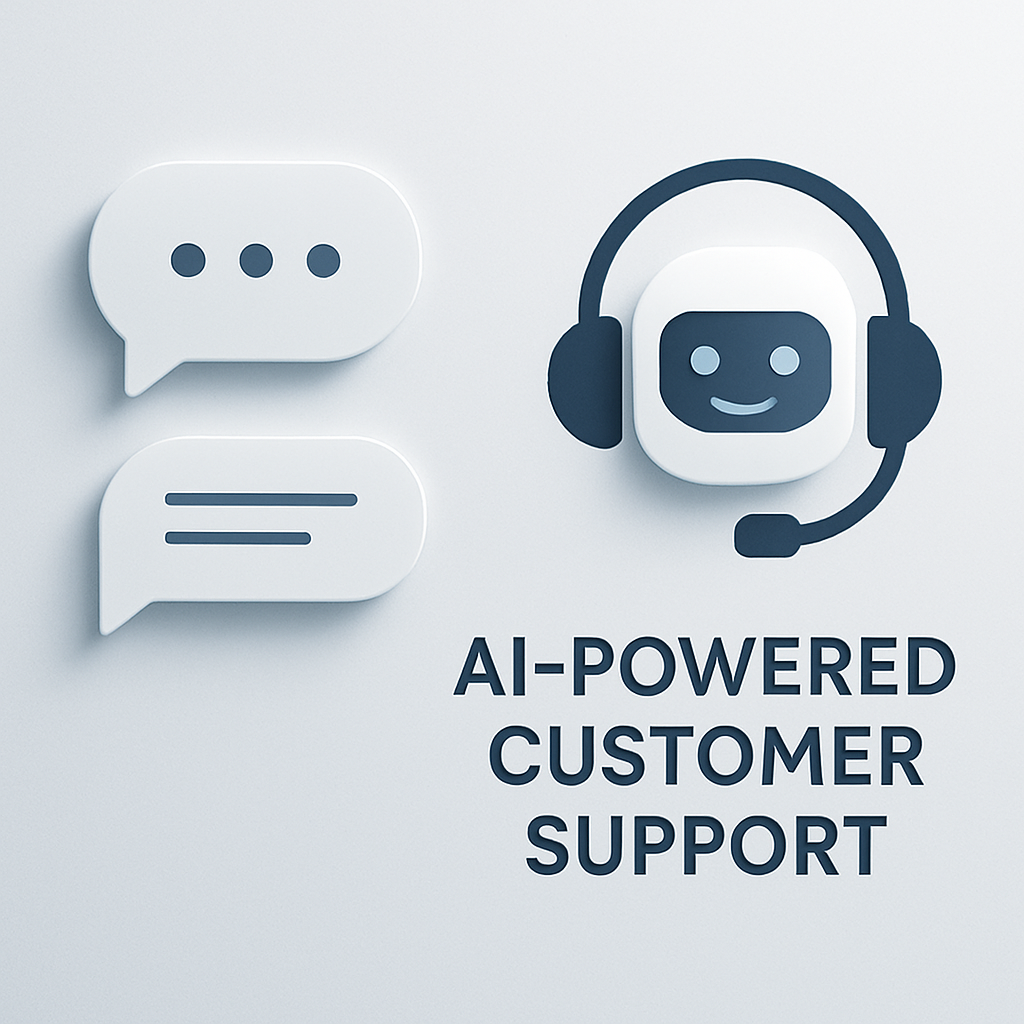Navigating the Complex Terrain of AI Deployment: A Blueprint for Success
In today's fast-paced world, industries from healthcare to logistics are undergoing a seismic shift with the adoption of artificial intelligence (AI). No longer just a futuristic concept, AI applications such as Fluents' voice AI platform are revolutionizing how businesses handle customer interactions—bringing the potential for unimaginable efficiency and scalability. But the path to successful AI deployment is fraught with challenges that demand a nuanced, strategic approach.
The Risks of a Fragmented Approach
Consider the insurance industry, where missed calls might translate to lost business opportunities. As insurers struggle to keep pace with the increasing volume of customer inquiries, the pressure mounts to reduce response time while remaining compliant with stringent regulations. Here, AI offers transformative potential, yet without proper integration and careful planning, the risks can be as intimidating as the rewards.
The sheer complexity of adopting AI often leads organizations to take a fragmented approach: hasty deployments driven by the lure of immediate cost savings. Common pitfalls include inadequate training datasets, poor system integration, and non-compliance with privacy legislation—each posing a potential risk to business integrity.
Streamlining Workflows with AI Voice Automation
AI voice automation stands out as a powerful tool to streamline operations. In the context of Fluents, imagine a voice agent that manages both inbound and outbound calls with sub-second latency. Whether it’s guiding customers through policy details or handling claims, such real-time automation cuts through inefficiencies inherent in static IVRs or cumbersome manual processes.
Take healthcare, for instance. Here, Fluents can transform patient intake and scheduling, reducing the administrative burden on healthcare professionals while ensuring that operations remain within regulatory parameters. The real challenge lies in deploying such solutions effectively, ensuring AI components harmonize within existing workflows without disrupting the core service provision.
Unpacking the Trifecta of Ethical, Operational, and Technological Implications
While the benefits of AI are clear, it’s crucial to unpack the accompanying ethical, operational, and technological implications. Ethically, the deployment of AI must ensure fairness, transparency, and accountable decision-making. Operators must examine whether these systems inadvertently introduce bias and how such risks are mitigated.
From an operational perspective, seamless integration is pivotal. In deploying solutions like Fluents, operational teams need to consider hard metrics—such as the accuracy and responsiveness of AI voice agents—and soft metrics that measure customer satisfaction and regulatory compliance.
Technologically, AI systems must be robust. As AI continues to evolve rapidly, the emphasis should be on future-proofing deployments, making them adaptable to technological advancements without continual overhauls.
The Road Ahead: Strategic Vision and Agility
Looking forward, the continued evolution of AI hinges on a strategic vision accompanied by agile operational capabilities. To truly harness AI, businesses must cultivate an adaptable mindset, open to iterative development informed by comprehensive checklists and best practices. The future landscape suggests a heightened role for platforms like Fluents, which align AI's capabilities with real-world business needs.
In conclusion, while AI deployment presents a complex array of challenges, those who diligently plan and execute with precision stand to gain unprecedented advantages in customer engagement, operational efficiency, and strategic foresight. As the industry advances, the narrative will likely be shaped by those who not only innovate with AI but do so responsibly, ensuring sustainable and ethical practices that set the benchmark for years to come.
From 10 calls a day to 85,000, Fluents scales with you. Automate globally, integrate deeply, and never worry about your call infrastructure again.

Stay Connected
Check out our latest updates, customer stories, and resources to keep leveling up with Fluents.
FAQs on AI Deployment Success
Discover common questions about the steps to successfully deploy AI systems.
The risks of a fragmented AI deployment arise from hasty implementations without comprehensive planning. In industries such as insurance, missed calls can mean lost opportunities. Organizations often rush deployment to achieve quick cost reductions, but they face significant pitfalls:
- Inadequate training datasets lead to unreliable AI predictions.
- Poor system integration results in inefficiencies and potential errors.
- Non-compliance with privacy legislation can lead to fines and reputational damage.
Recognizing these challenges is crucial for maximizing AI's transformative potential while safeguarding business integrity. A thoughtful, integrated approach is essential for sustaining operations without compromising compliance or customer trust.
AI voice automation offers significant advantages in healthcare, primarily by alleviating the administrative load on healthcare professionals. Platforms like Fluents facilitate patient intake and scheduling, thus enabling medical staff to focus on patient care rather than procedural tasks. By managing calls with sub-second latency, Fluents improves efficiency in guiding patients through their healthcare journeys—whether it’s booking appointments or conveying critical information. These solutions not only ensure compliance with regulatory requirements but also enhance patient satisfaction by minimizing wait times and manual errors. However, successful integration hinges on maintaining harmony with existing workflows without disrupting core healthcare services.
To future-proof AI deployments, businesses must embrace a strategic vision paired with agility. Continuous iterative development informed by comprehensive checklists and industry best practices is crucial. This involves:
- Adapting systems to incorporate the latest technological advancements, ensuring scalability without frequent overhauls.
- Developing an adaptable mindset within teams to navigate evolving AI landscapes.
- Focusing on seamless integration that aligns AI capabilities with real-world needs, allowing for responsive adjustments as conditions change.
These strategies not only ensure robust AI implementation but position businesses to leverage AI for lasting competitive advantage amid ongoing digital transformation.




